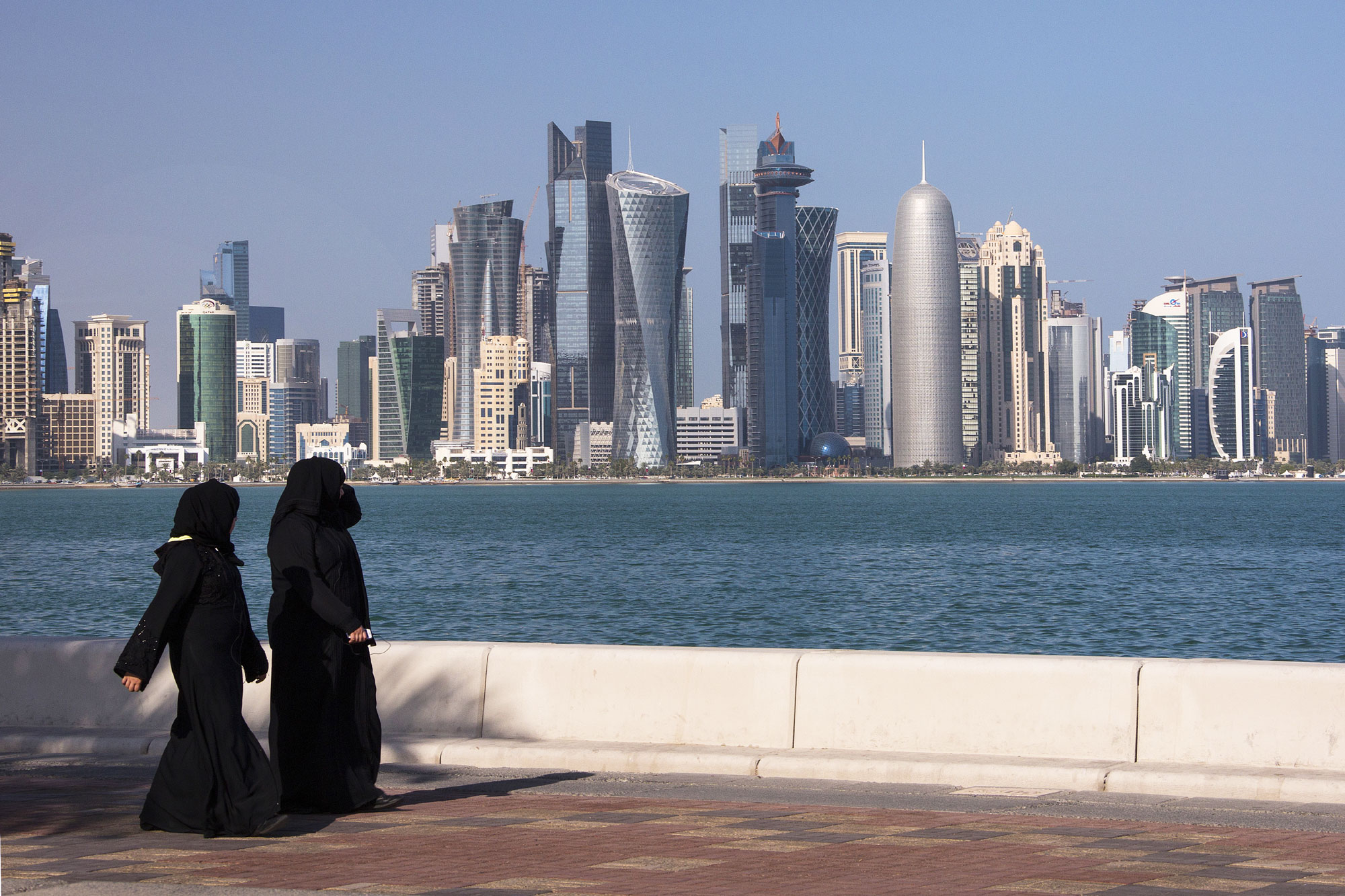Share This Article
The Doha International Center for Interfaith Dialogue (DICID) has decided to dedicate the 2018 Fourth Doha International Award for Interfaith Dialogue to:
“Successful experiences of religious leaders and human rights institutions in addressing human rights violations.”
It is no secret that human rights violations are rampant throughout today’s world.

Photo by Said Ismagilov/Facebook
Human rights violations come in many forms. They occur due to numerous conflicts and wars that are taking place. They also occur due to poverty, ignorance, or political upheavals. Human trafficking, suppression, exclusion, illegal siege, and detentions add to this unending list.
 Photo by Said Ismagilov/Facebook
Photo by Said Ismagilov/Facebook
There is no dispute that Allah’s honoring of man, and commanding him to preserve his rights, is consistent and authentic in all heavenly laws. Religious teaching on human rights precedes international laws and covenants. It is an affirmation that religions, and their principles, are an important stronghold whose role and impact we must not lose sight of in addressing human rights issues. It has become evident that human rights violations are a major issue not only in international legislation but also in religious texts and principles. Addressing human rights violations requires serious work through shared efforts of civil institutions and religious leaders. Legislation and laws meet in the hearts and minds of institutions and leaders who realize that stability, comprehensive peace, and humanitarian compassion can only be achieved through the guarantee of every individual’s basic human rights. Many religious leaders and civil institutions who are on the right track to achieve that goal. However, through the cooperation of efforts more can be achieved.
 Photo by Said Ismagilov/Facebook
Photo by Said Ismagilov/Facebook
Therefore, the Doha International Center for Interfaith Dialogue (DICID) has decided to dedicate the 2018 Fourth Doha International Award for Interfaith Dialogue to:
“Successful experiences of religious leaders and human rights institutions in addressing human rights violations.”
Award Objectives:
1. Support the move of leaders and officials towards the use of religious values and teachings to enact laws that address human rights violations
2. Utilize religious values to address human rights issues and violations suffered by humanity
3. Expand the circle of dialogue to include all those interested in the relationship between religious values and human rights issues
4. Provide and exchange information, and successful experiences, in the field of human rights and addressing its issues
5. Honor the most dedicated and creative people and institutions in the service of human rights
6. Encourage relevant researchers and specialized institutions to interact productively to protect human rights and find solutions to address their violations

Minister of State for Foreign Affairs H E Sultan bin Saad Al Muraikhi addressing the 13th Interfaith Dialogue.Photo thepeninsulaqatar.com
DICID Chairman Dr. Ibrahim bin Saleh Al Naimi highlighted the importance of choosing human rights as a theme for the conference in light of the human rights violations around the world at all levels whether by states, groups or individuals.
He added that the 13th edition of the conference comes to demonstrate the interlocking relationship between religions and human rights as the cornerstone of the universe, for which humanitarian laws have been enacted in an attempt to cover all aspects of this important issue from the perspective of religions and their legislation.
Dr. Al Naimi stressed the importance of having the religious scholars in the driving seat of working to protect human rights through awareness and finding solutions stemming from religious laws, which in general promote human rights and call for human dignity.
He also noted that the preservation of human rights, regardless of religion, gender or colour, is a constant in all divine religions, in which all people are equal and have the right to life, dignity and freedom as well as all other human rights that do not violate heavenly legislation.

